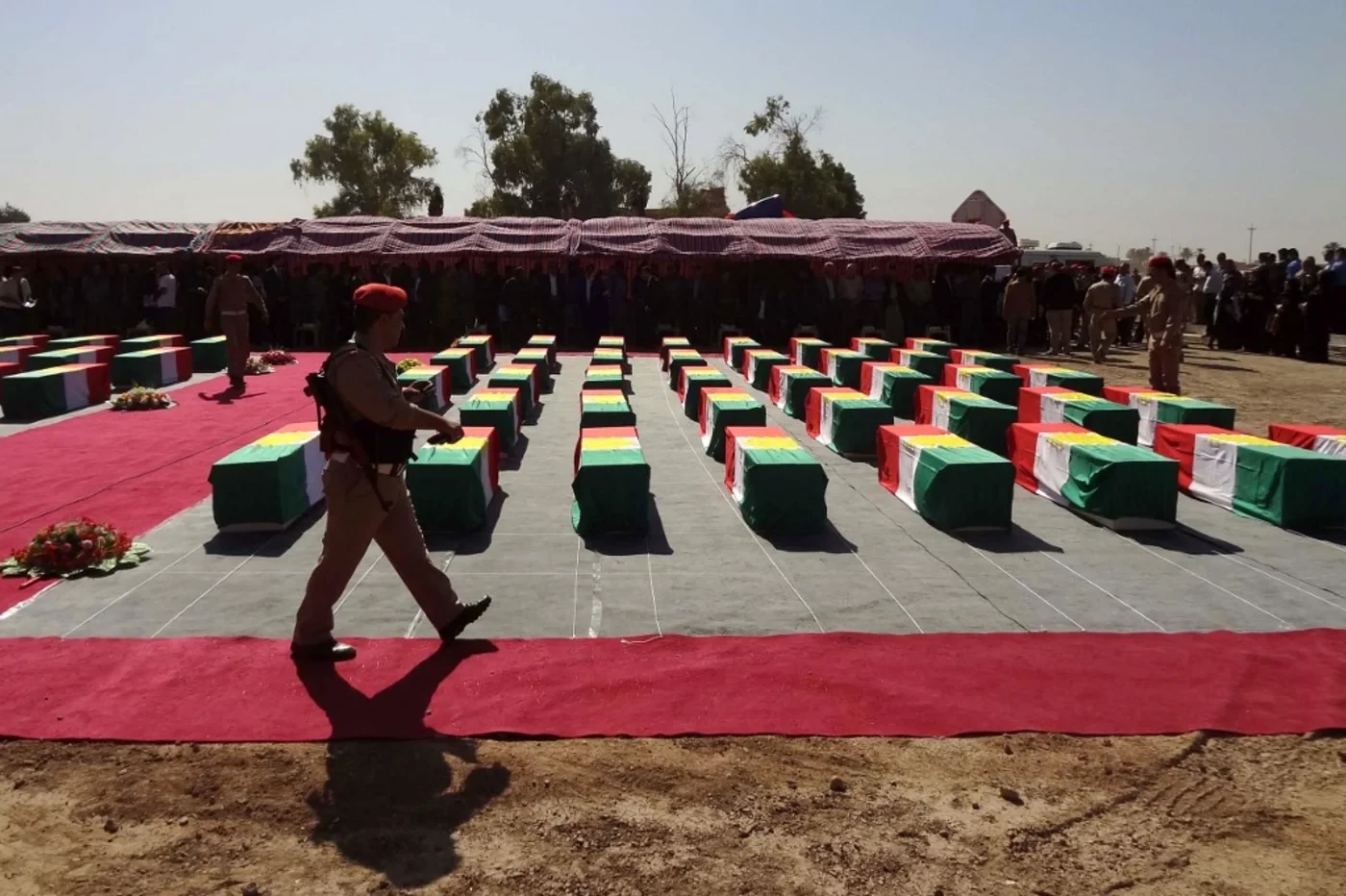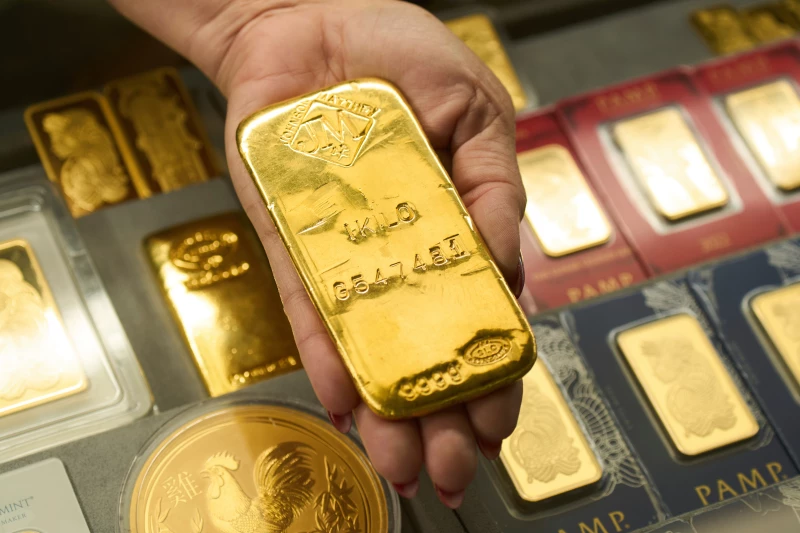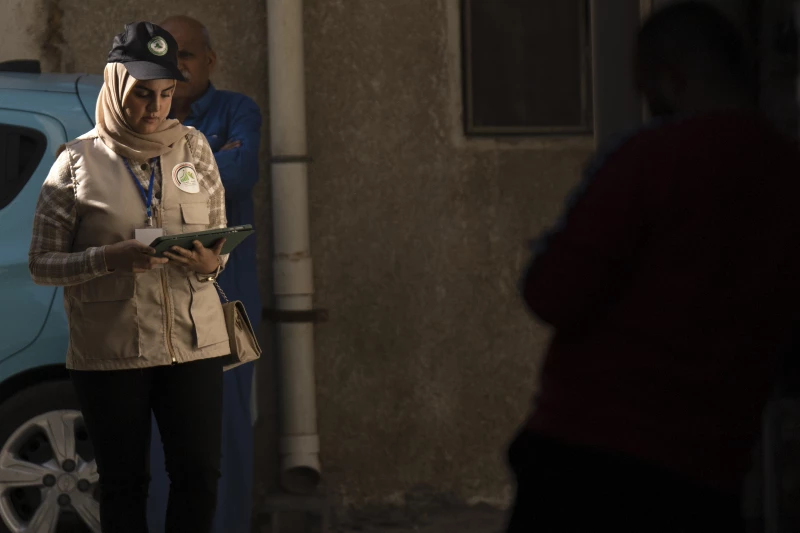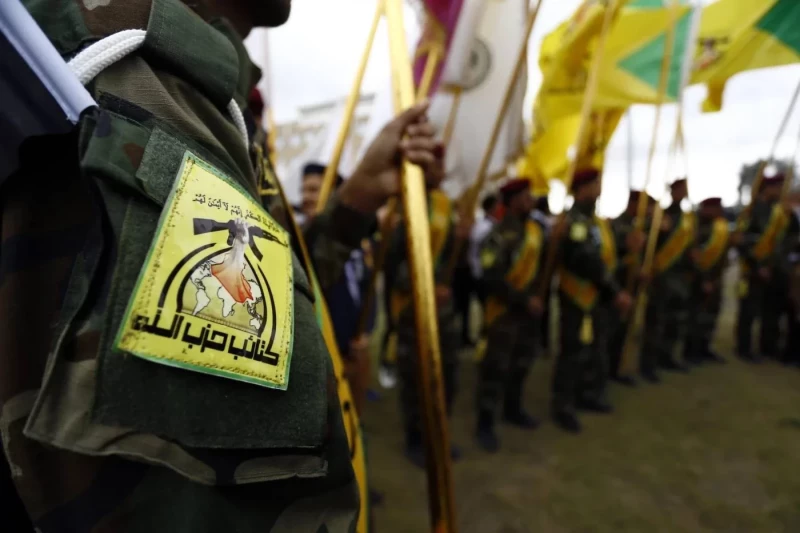ERBIL, Kurdistan Region of Iraq – The Kurdistan Region’s top leaders on Monday commemorated the 37th anniversary of the Badinan phase of the Anfal Genocide perpetrated by the former Baathist regime and called on the Iraqi government to compensate the victims of the genocide.
The government of then-president Saddam Hussein initiated the Anfal Genocide against the Kurdish population between 1987 and 1989, resulting in the death of at least 182,000 Kurds across Erbil, Sulaimani, and Duhok provinces.
The Badinan phase of the genocide took place in September 1988 in Duhok, marking the latter stages of the mass killings known as the “Final Anfal.” The attack led to the deaths of thousands, and up to 700 villages were destroyed in the area.
Kurdistan Region Prime Minister Masrour Barzani called the killings a "brutal crime," writing, "We honor the memory of the martyrs of the Anfal genocide and all martyrs of Kurdistan" on X. The premier also asserted that "the federal government must compensate their families."
Kurdistan Region President Nechirvan Barzani similarly offered a message of commemoration and urged Baghdad to “compensate the victims of Anfal in Badinan and all victims of the crimes of the former Iraqi regime," noting that "the Iraqi High Tribunal has recognized the Anfal campaign as genocide, war crimes, and crimes against humanity; therefore, the rights of the victims must be restored in every possible way."
"The Anfal campaign and all atrocities perpetrated against the people of Kurdistan should act as significant lessons and cautionary tales, guaranteeing the protection of the rights of the people of Kurdistan and all other communities," the Kurdistan Region president said in a statement.
He also noted that "a number of the remains of the victims are laid to rest in a ceremony near Gara" on Monday.
The Kurdish population was subjected to various forms of oppression under the iron-fisted rule of the Baath regime, with two salient episodes being the notorious Anfal campaign and the Halabja chemical attack.
Anfal, the eighth chapter of the Islamic Holy book of the Quran, was used as the campaign's codename, which directly translates to "spoils of war."
Hundreds of thousands of Kurds were massacred in the eight-year-long campaign, with thousands of Kurdish villages being destroyed.
Separately, in 1988, Halabja was attacked with chemical weapons by Iraqi forces in what was the largest chemical attack on a civilian population in history. The bombardment claimed around 5,000 lives and injured thousands more.
In 1991, Kurds carried out a successful uprising in which they were able to expel Baath forces from their territories with the help of the UN-mandated no-fly zone, hampering Hussein's efforts to carry out aerial attacks on northern Iraq and allowing for the entry of humanitarian aid.
Kurdish officials have repeatedly sought compensation for the Anfal victims’ families. To date, the remains of thousands of victims have yet to be found.
Reporting by Hevi Karam



 Facebook
Facebook
 LinkedIn
LinkedIn
 Telegram
Telegram
 X
X


